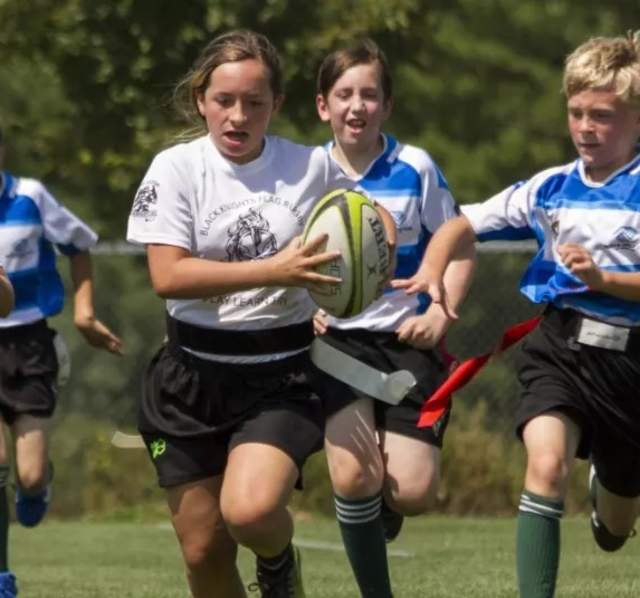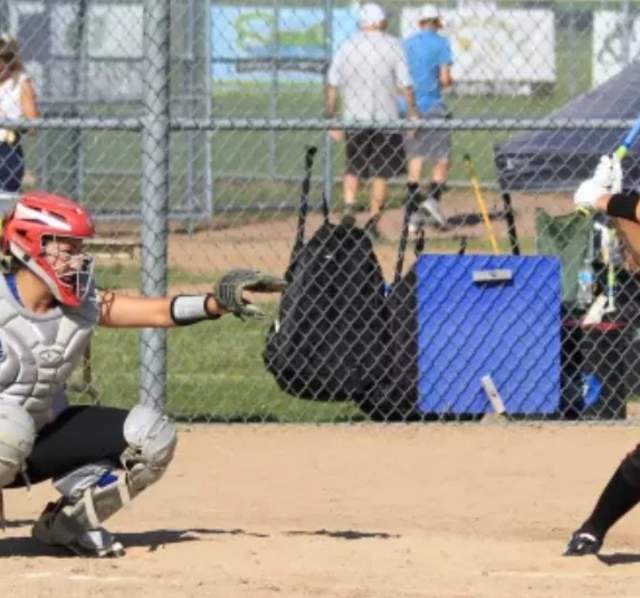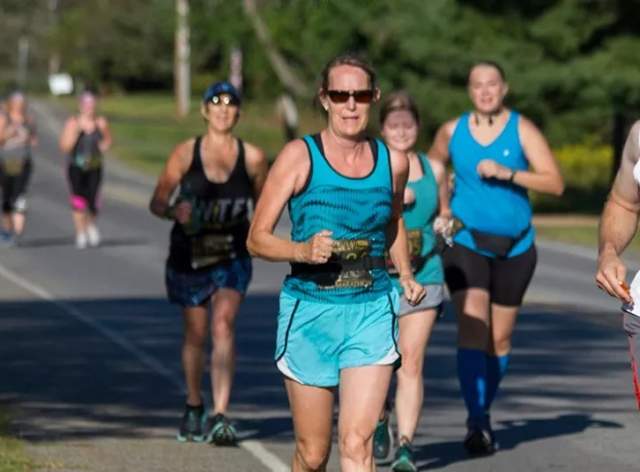Safe Sports Guide for Coaches
With the COVID-19 pandemic causing so many sporting events to be put on hold, many coaches and organizations have had to get creative in the ways that they keep athletes engaged and at peak performance while online. Precautions against safety risks are in place and we recommend you follow the guidelines created by the U.S. Center for SafeSport. We at Wausau/Central Wisconsin Sports Authority are invested in keeping our participating athletes, coaches, volunteers, and staff safe and ask that you review these SafeSport guidelines. Be safe and we look forward to seeing you at any of our upcoming events.
The U.S. Center for SafeSport recommends coaches keep these guidelines in mind:
- Keep your communication professional, even when checking in on your athletes’ mental health. Ask open-ended questions (“How are you feeling about not being able to practice with your teammates in person?” or “How are you feeling about having to stay at home?”), then listen to what they say and validate their feelings (“It is OK to feel disappointed or angry.”). If necessary, support them in coming up with a plan to feel better (like regular check-in times with friends and teammates).
- Ensure links to virtual meetings, hangouts, and other gatherings are not shared publicly and are password protected. Remind athletes not to forward the links to anyone outside of the team without your permission. Adjust settings to ensure you initiate the meeting before athletes can join.
- Be mindful that any video sharing, live streaming, and chat sites you use are secure and have privacy settings to limit who can post and view content. Make sure you are following the program’s security guidelines and are using the most up-to-date version. The National Center for Missing and Exploited Children has a library of internet safety resources for adults and children.
- Restate team expectations about respectful communication and online behaviors. Remind athletes not to engage in abusive behaviors like sexual misconduct, emotional misconduct, cyber bullying, hazing, and harassment. And if they do, remind them you’ll report that behavior to the Center.
- Keep physical safety in mind when suggesting home workouts or training routines. Make sure workouts are appropriate for the athlete’s level and don’t require spotters or resources the athlete doesn’t have at home. Remind athletes to take regular safety precautions like proper hydration and breaks. Teach them how to create a safe workout space so that they don’t injure themselves on walls or furniture. Pay attention to workout safety for athletes with disabilities.
- Share physical and online safety tips for virtual classes/training with athletes
(and parents/guardians when applicable). - School and sports may have been the only safe places for some athletes – look for warning signs of violence and abuse. Provide emotional support and report any suspected or known child abuse. Visit the Child Welfare Information Gateway or the U.S. Center for SafeSport for more information on reporting child abuse.
Special considerations for working with minor athletes:
- Make sure you have parent/guardian permission for each type of electronic communication you use. If you already have permission to use one app with athletes, you still need permission for each additional app you use.
- Don’t communicate one-on-one with individual minor athletes over personal text or social media accounts. Team apps and virtual groups are a good way to stay connected without crossing boundaries.
- Use your webcam in common areas of your home (like a living room or dining room), instead of private areas (like bedrooms and bathrooms). Ask athletes to do the same. This sets a good example for appropriate online behavior.
- Copy another adult (like another coach or parent/guardian) if you send technique or training videos to athletes. If you request athletes send videos to you, make sure they copy another adult as well.
- Virtual lessons or live stream videos should be observable and interruptible by another adult, such as another coach or parent/guardian. Keep doors open and wear appropriate clothing. Get parent/guardian permission for individual virtual lessons and give them the link and time/date information.
For Athletes
Download the full SafeSport Guide for Athletes.
For Parents
Download the full SafeSport Guide for Parents.




